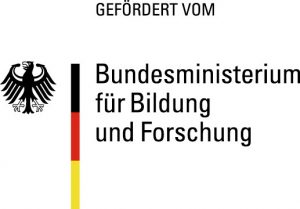The international conference ISU Talks #05: FUTURE CITIES hosted by the Institute for Sustainable Urbanism has successfully taken place at TU Braunschweig on November 14. The ISU Talks 5 Future Cities conference – held at TU Braunschweig, Germany – offered the opportunity to discuss the influence of digitalization, data and technology on urbanism with guests such as Caroline Bos (UNStudio | Melbourne University | Netherlands), Dana Behrman (UNStudio Urban Unit | Netherlands), Sven Schneider (DecodingSpaces | Bauhaus-University Weimar | Gemany) and Pablo Martínez + Mar Santamaria Varas (300.000 Km/s | IAAC | Spain), Moderation Ilka Ruby (Ruby Press | Germany).
The fast spreading of digital technologies into our daily life is generating inevitable transformations in our society. Digital ubiquity is changing the way we perceive and interact with the urban realm. The digitalization of analysis, planning and design processes creates the opportunity to decode the complex dynamics of current challenges of cities. An integrative view of the city as a complex and responsive system is fundamental for its sustainable development. Future cities are being shaped at this very moment by means of data production. The translation of data into real knowledge is one of the most important challenges, giving space for integrated, flexible and responsive solutions. Thus the way cities are designed shifts and the digitalization acquires more significance under sustainable views. Ultimately these changes will enable cities to “improve the efficiency, equity and quality of life for its citizens in real time” (Batty et al. 2012).
The well-frequented participation shows that architects, urban designers, researches as well as city administrations are aware of the fundamental changes occurring due the fast spreading of digital technologies into our daily life. The vibrant discussions emphasized the quest for innovative methods, tools and processes in order to enhance the human capacity to analyse, calculate, combine and visualize information. Enabling a broader perspective on urban development, as well as evidence based and knowledge driven design of sustainable cities and spaces for all.
The organizers were excited to receive students and professionals (including planning authorities) in the Architekturpavillon of TU Braunschweig from all over the Germany and the world, promoting the discussion and networking for future projects and enriching the dialog on the question of Urbanism in a digitalising world.

